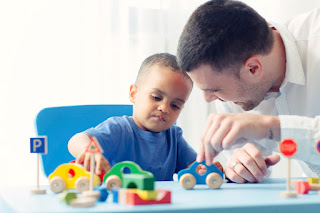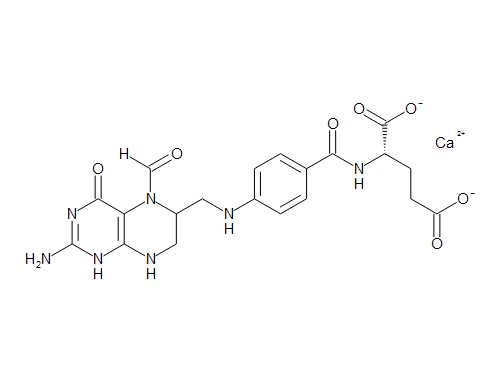There may be no cure for autism, but some studies have suggested that there are things which parents can do to improve some of the more common developmental problems.
If you approach any problem with a positive attitude, the right advice,and tools, then you are more likely to reach a better conclusion. Unfortunately, right now there may be no cure for autism, that doesn’t mean there won’t be one in the future, but for now parents can still make a positive impact on certain aspects of the developmental issues which go along with autism. There are specialized autism starter packs and autism productsavailable for parents with children whohave recently been diagnosed with autism.
One study, in particular, has been showing some very positive results. The Preschool Autism Communication Trial worked with over 150 different children, aged between two and four years. One group of children in the study worked on a year-long parental intervention program, in conjunction with therapist feedback and their regular treatments. The other group of children just had their regular treatment programs without the parent-ledintervention.
The group which had specific parental interaction and intervention was filmedthroughout each parenting session. After each of these sessions, the parents would sit down with a qualified therapist who would analyze each of the sessions and discuss the results with the parents. One example of the benefits of having a qualified therapist watch each session was that they could identify certain things which the parents may have missed. A good example was a parent may not notice that their child was trying to communicate through a vocalization or sound, they might not realize that the attempt was even directed at them. Study author, Tony Charman says “Sometimes it might be natural for a parent at the beginning of the therapy to not notice that attempt at communication,” he says. “The therapist can help the parent see that as an opportunity: how can they respond or locate those cues?”
The parents that were participating in the study had twelve therapy sessions spread out over six months and received support for a further six months after the study had concluded. Six years after the sessions ended, the researchers went back and analyzed 121 of the children who participated in the study. They used a standard measurement to assess each of the children’s autism severity. The scale assesses each child’s symptoms and then assigns them a score.
Almost all the children began the study with similar scores, but after the six years,the children who had participated with parental intervention scored much better. The children in the parental intervention group had 17% fewer symptoms than their peers, improved communication skills, and were less inclined to show repetitive behaviors. The children did not appear to have any notable improvements in their language skills or anxiety levels from the therapy, however. “We think the results are encouraging and even possibly somewhat surprising,” says Charman. “This follow-uptook place six years after a one-year treatment had ended, and an awful lot of things would’ve happened to these children in the meantime.”
Charman says the fact that the children showed increases in their communication skills over the long term “is remarkable and isn’t something people have been able to demonstrate up until this point.”
The study proves that through early parental intervention and the correct support and guidance, you can have some positive impacts on your child’s development. If you enjoyed the article, then please feel free to comment or share the article.
References






